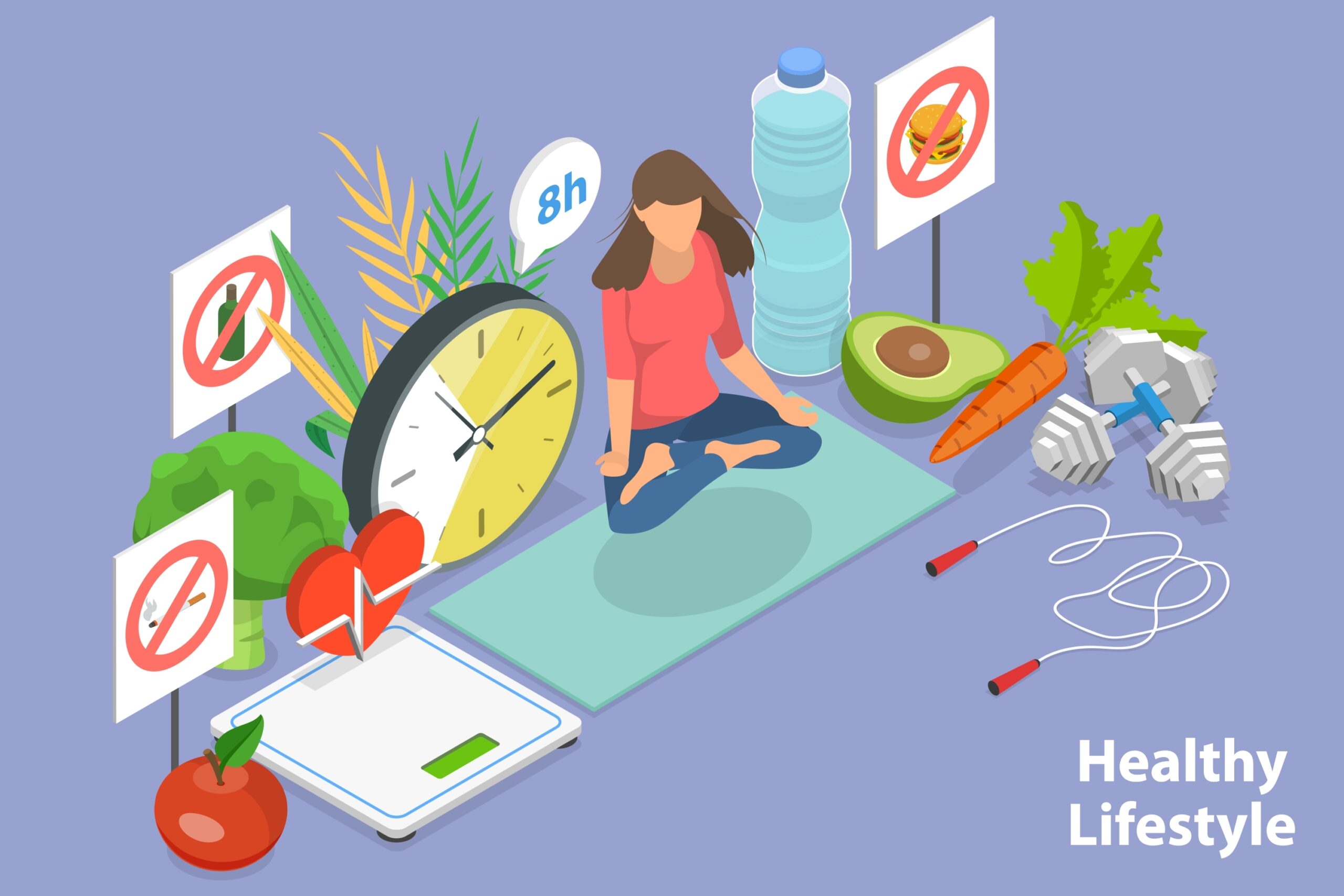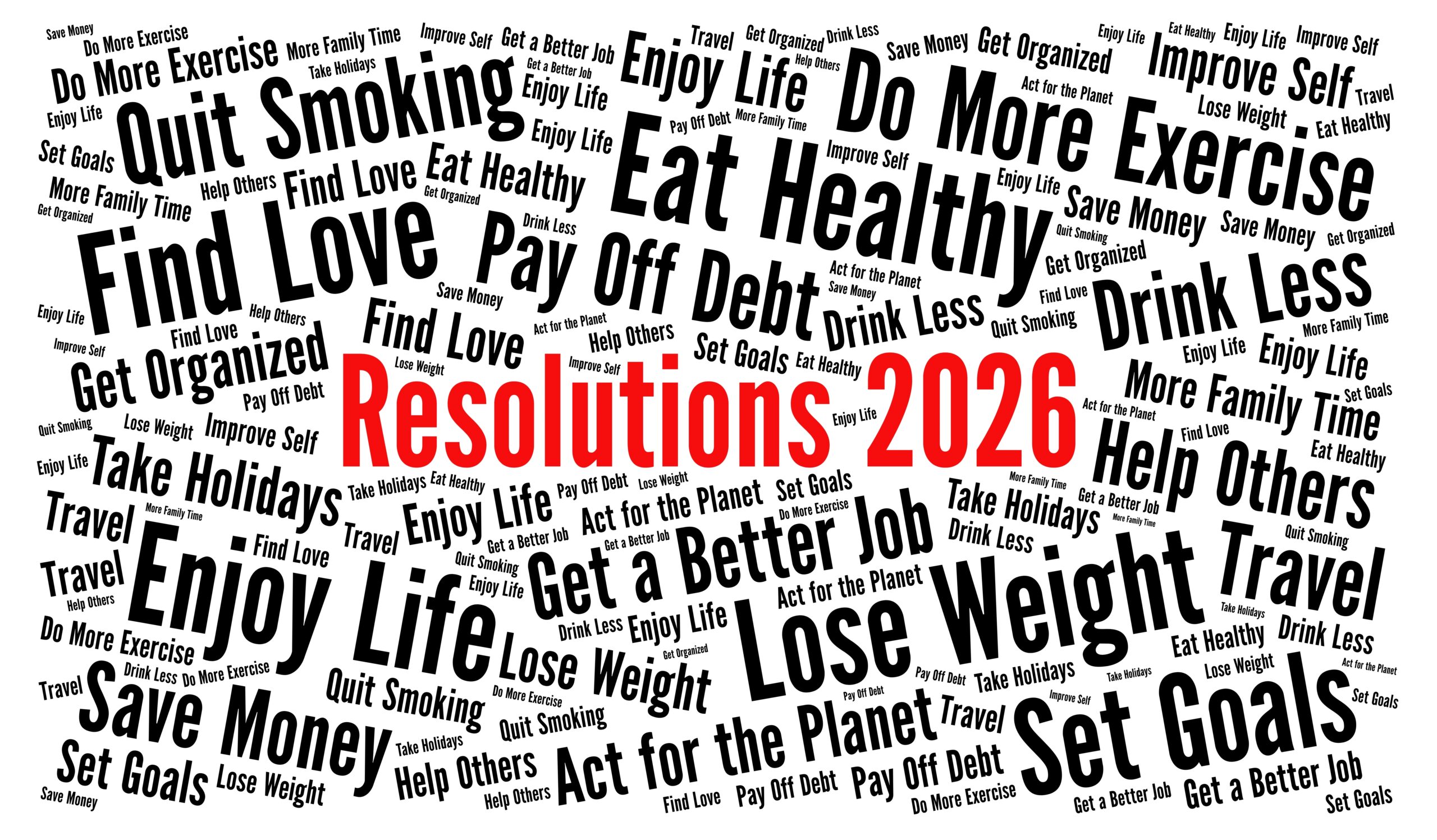Caring for someone with Alzheimer’s can feel like a 24/7 job. It’s a role that demands patience, compassion, and unending energy. That sounds like a quick recipe for caregiver burnout.
Today, we’re here to remind you that even when you’re caring for someone else, taking care of yourself isn’t a luxury—it’s a necessity. For Alzheimer’s Awareness Month, we want to make sure caregivers know their importance and understand how to prioritize their needs.
Remember, you are doing an amazing job, and by taking care of yourself, you’re ensuring you can fully show up for your loved ones.
Let’s discuss how vital self-care is when you care for others, plus some tips for small changes you can make to prioritize yourself during stressful times.
The Importance of Self-Care for Caregivers
Being a full-time caregiver is tough, and caregiver burnout is real. The responsibilities you carry are immense, and acknowledging this is the first step toward taking care of yourself. When you’re well-rested, you’re better equipped to provide the best care.
Simple Self-Care Tips for Busy Caregivers
Even five minutes of ‘me time’ can make a difference. You don’t need to overhaul your entire routine—you probably don’t have time for that anyway—just start with small, manageable steps.
Try These Quick Relaxation Techniques
Introduce easy relaxation methods into your day. For example:
- Deep Breathing Exercises: Take a few moments to inhale deeply, hold for 5 seconds, and exhale slowly. This can calm your mind and reduce stress.
- Short Meditation Practices: Spend a few minutes focusing on your breath or listening to a guided meditation. Apps like Fresh Tri can help you with this.
Practice Mindfulness Every Day
Mindfulness is the practice of being fully present and engaged in the moment, aware of your thoughts and feelings without distraction or judgment. It’s about observing your experiences as they happen, which can help create a sense of calm and clarity.
Mindfulness can significantly reduce stress and improve emotional well-being. By focusing on the present moment, you can decrease anxiety and avoid becoming overwhelmed by past regrets or future worries. It helps you develop a greater sense of control over your thoughts and emotions, leading to better decision-making and a more balanced outlook on life.
Eat Healthy While You’re on the Go
Maintaining a balanced diet with limited time is challenging but crucial. Stock up on nutritious snacks that you can grab quickly. Think fruits, nuts, yogurt, or pre-cut veggies. Hydration is also key—keep a water bottle handy.
Create a Support Network
You don’t have to do this alone—build a team you can rely on. Seek help from friends and family, or join local or online support groups. Sharing experiences with others in similar situations can be incredibly comforting and helpful.
If you think you need more support, consider looking into respite care services. Sometimes, taking a break is the best thing you can do for both you and the person you care for. These services can provide temporary relief, allowing you to recharge.
Incorporate Exercise into Your Routine
There are plenty of quick and easy ways to fit exercise into your busy days. A 10-minute walk can boost your mood and energy levels, and even a simple stretching session can help alleviate any physical tension in your muscles.
If that still feels like too much effort, try dancing to your favorite song or having a gentle yoga session at home. The key is to find activities that you love, so they don’t feel like a chore.
Don’t Forget Mental Health Check-Ins
If you feel like you need more help than friends or family can give, it’s okay to seek professional support or counseling. Speaking to a therapist can provide valuable coping strategies and emotional support.
Organize Your Day
Tips for managing time effectively can make a big difference. A simple to-do list can help you stay on track and reduce stress. Prioritize tasks by their importance and don’t hesitate to delegate when possible.
Set Boundaries
Setting boundaries is crucial to protecting your time and energy. Sometimes, saying ‘no’ is a way to say ‘yes’ to yourself. It’s important to recognize your limits and communicate them clearly.
Care for Yourself and Others Well with Fresh Tri
Remember, taking care of yourself is not selfish and it’s not just about you—it’s about being the best caregiver you can be. Self-care empowers you to provide better care and ensures you maintain your health.
Start today by taking one small step toward self-care. For daily reminders and practical tips for moving your body more, reducing stress, and eating healthier, download the Fresh Tri app. It will send gentle nudges to remind you to do something for yourself each day.
What’s one small thing you can do? Go ahead and do it—you deserve it!













